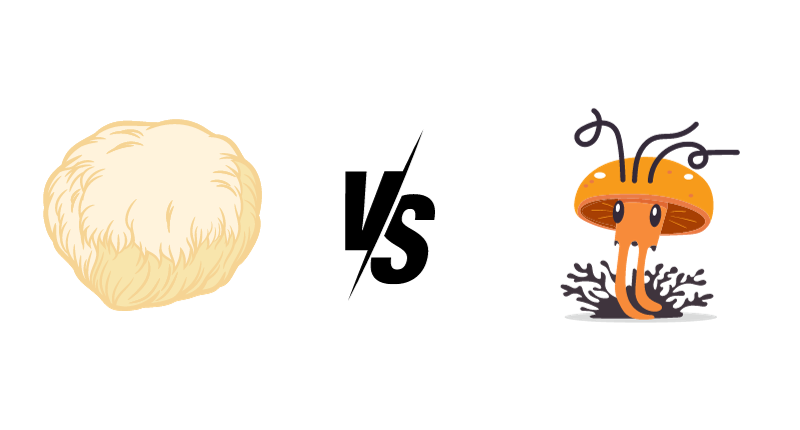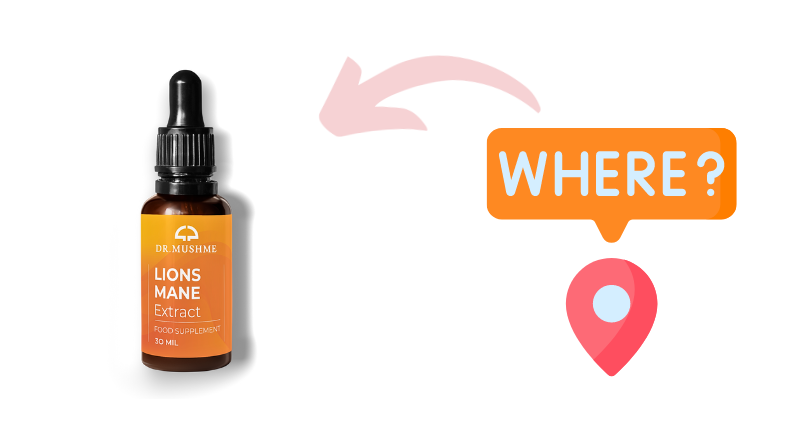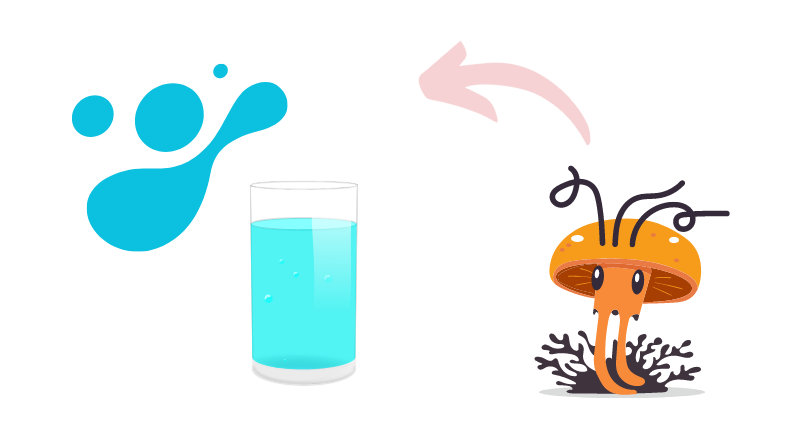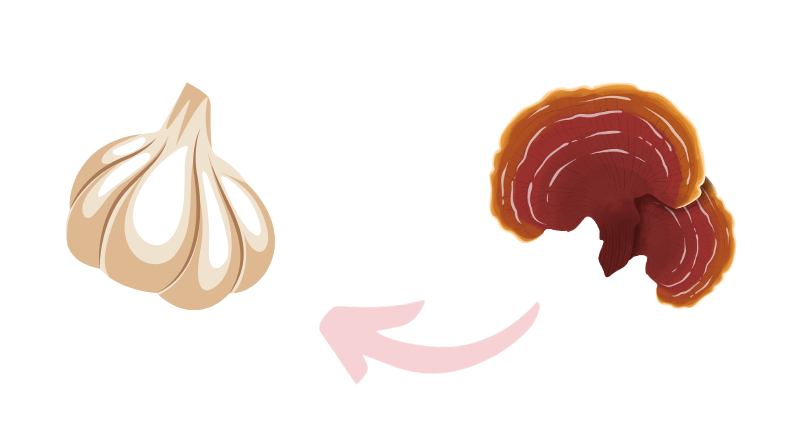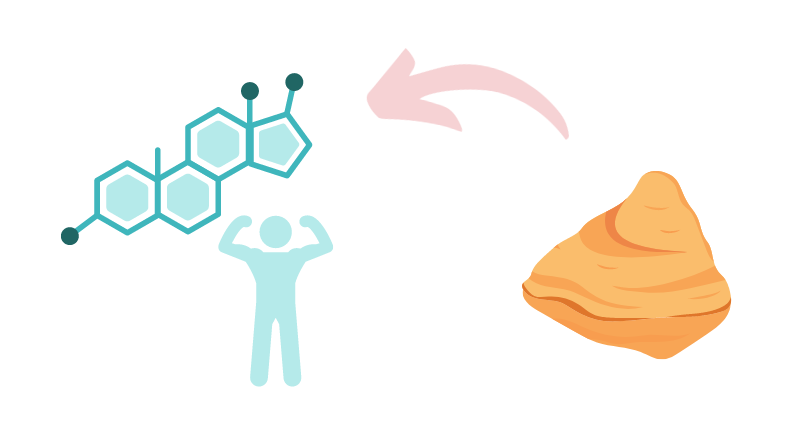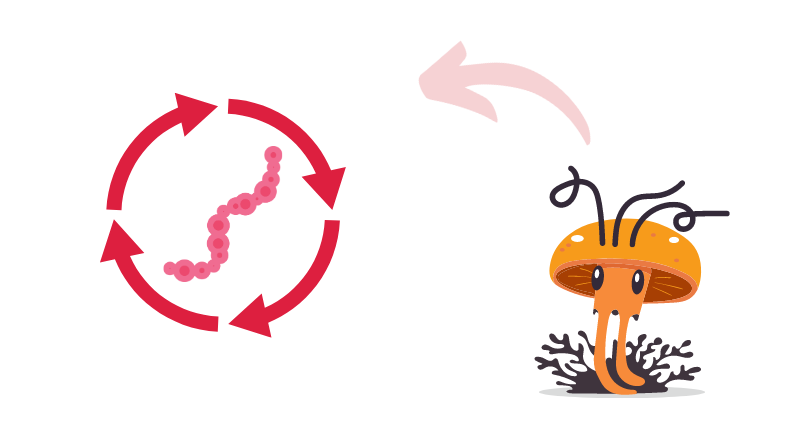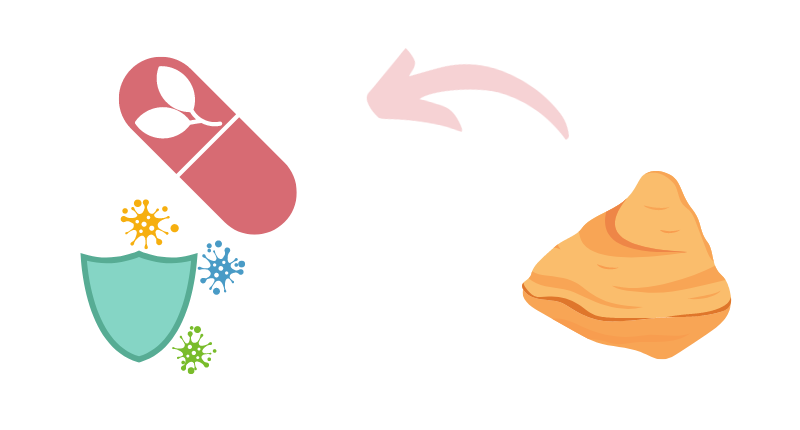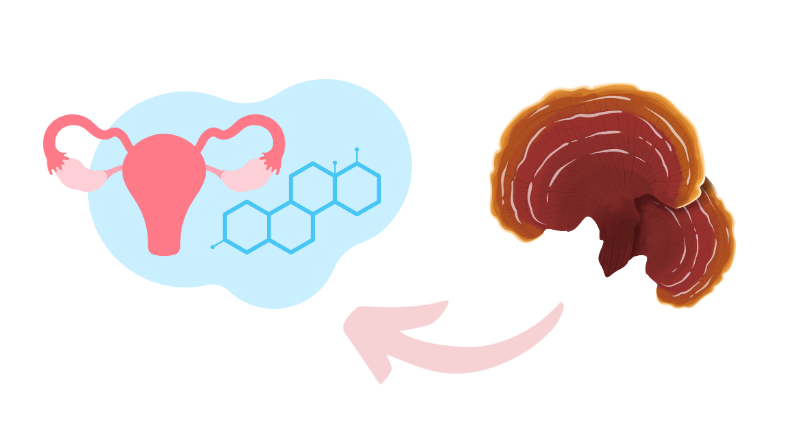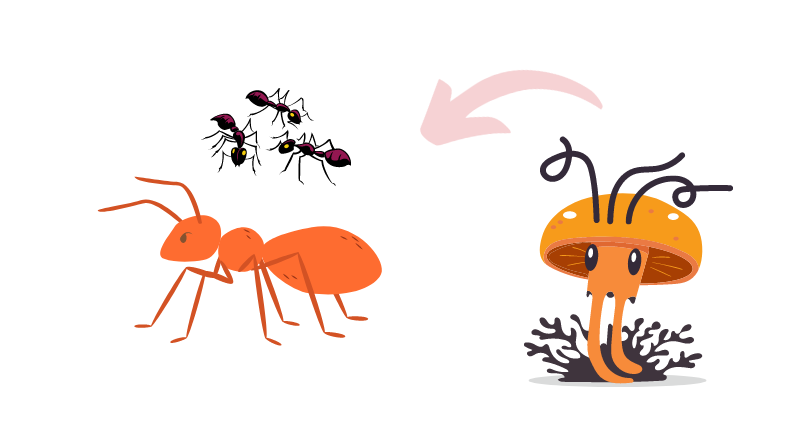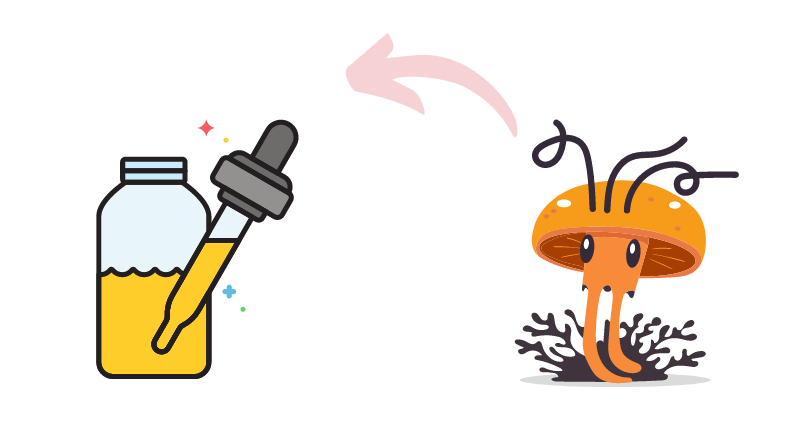The popularity of both Lion’s Mane and Cordyceps mushrooms are growing within global wellness communities thanks to their ancient, beneficial compounds [1]. Also, because they are natural. So which fungi should you choose?
The aim of this article is to educate and inform you the reader to ultimately help you decide which of these two functional mushrooms is best suited for you. After all, when it comes to supplements, we all differ, and no two people are the same.
General guidance is given for any supplement dose but when it comes down to it, timing, potency, tolerance and more all make a difference to the effect a supplement can have on a person.
HOW TO CHOOSE?
Maybe Cordyceps will suit your body and health needs more than Lion’s Mane? Or vice versa. Here we will answer all the relevant questions around nootropic mushrooms and how to decide which one to try.
Thankfully if you’re feeling adventurous, functional mushrooms are safe to take side by side meaning you could sample both at the same time. For now, though, for the purpose of this debate, let’s compare Cordyceps and Lion’s Mane to see what each can potentially offer you, the user. Let’s go.
LION’S MANE RUNDOWN
Lion’s Mane is probably the most widely known and recognised nootropic on the supplement market. Renowned for its unique name and various health benefits this functional mushroom has been used since ancient times primarily in Asian medicine.
This fungi is unique looking too with long white spores which give the appearance of a lion’s mane, hence the name. Its popularity is seeing a surge in recent years due to the rise in interest for holistic, plant-based options to supplement the body.
The trend to veer away from pharmaceuticals and prescription medications continues into 2024 as negative side effects from these can be a turn-off to many. People appear more interested in plant-derived supplements than ever. But why? Let’s take a look at the potential health effects of Lion’s Mane mushroom specifically.
POTENTIAL HEALTH BENEFITS
Some of the noted health benefits of taking Lion’s Mane mushroom include cognitive enhancement, nerve regeneration, and improvements in mental health. All of the former are noted either in research studies, clinical trials or by those who use it in eastern medicine practices.
A 2018 study highlights the neurohealth properties of Hericium erinaceus (Lion’s Mane mushroom) mycelia, particularly focusing on compounds called erinacines and their potential effects on the brain.
The study concludes that this mushroom was proven to help with nerve pain and nerve regeneration in rats [6]. It also details the potential the mushroom has to delay neuronal cell death in animals which ultimately leads to many diseases of the brain.
CORDYCEPS RUNDOWN
Cordyceps is a lesser known mushroom to the average Joe, that was until the release of a popular television show in 2023 centred around the fictionalised effects of cordyceps mushroom.
Today the name is more recognised thanks to the television show reference but thankfully it doesn’t have the same zombie apocalyptic effects on humans as the storyline portrayed.
Like other nootropic mushrooms Cordyceps Miltaris preys on the dead bodies of parasites and uses these bodies in order to grow. Thankfully it cannot do this to humans as the above series suggested. Cordyceps Militaris is a functional, safe mushroom with many possible health benefits for humans.
POSSIBLE EFFECTS
Here we focus on energy levels, athletic performance, and libido enhancement as the potential benefits of a Cordyceps dietary supplement.
Athletes can make use of the benefits of Cordyceps mushroom due to its unique profile of beneficial compounds. In a short supplementation period of just one week, a study found a small increase in the oxygen consumption and time to exhaustion [3].
Although small, it is important to note that those carrying out the study saw the potential for further research and clinical trials over a longer supplementation period to find out more.
UNIQUE COMPOUNDS IN NOOTROPICS
Each of the mushrooms in this discussion have their own unique compounds which make them powerful plant based superfoods. Let’s take a look at exactly what each one can offer us humans.
CORDYCEPIN IN CORDYCEPS
Cordyceps, particularly the species Cordyceps militaris, is primarily known for a unique bioactive compound known as Cordycepin (3′-deoxyadenosine). This compound is of significant interest in scientific research due to its diverse range of biological activities.
Cordycepin has been studied for possible anti-inflammatory, antioxidant, and anti-aging properties. It is also noted for its role in enhancing physical performance and energy metabolism. This makes Cordyceps mushroom a popular supplement among athletes and fitness enthusiasts.
The compound’s molecular structure is similar to adenosine, a crucial component in cellular energy transfer, which might explain its role in energy enhancement and reducing fatigue in athletes. A study by Tuli, H. S., et al. (2013) provides a detailed overview of the pharmacological aspects of Cordycepin and its therapeutic potential [4].
READ MORE: CORDYCEPS MUSHROOM’S EFFECT ON TESTOSTERONE
HERICENONES IN LION’S MANE
Lion’s Mane mushroom (Hericium erinaceus) contains a group of compounds known as Hericenones, found predominantly in the fruiting body of the mushroom. These compounds are of particular interest due to their potential neuroprotective properties. What does neuroprotective mean? Well it basically refers to keeping your brain safe from harm and degradation.
Hericenones have been studied for their ability to stimulate the synthesis of Nerve Growth Factor (NGF), which is essential for the growth, maintenance, and survival of neurons [5]. The neurotrophic properties of Hericenones suggest a potential benefit in neurodegenerative diseases such as Alzheimer’s and Parkinson’s, as well as in improving cognitive function and mental clarity.
One 2009 study investigates the effects of Hericium erinaceus on NGF synthesis and its implications for cognitive health. Many people cite Lion’s Mane mushroom anecdotally as helping with brain fog and focus levels. Hence why it is associated with cognitive improvement in the scientific world.
FINAL WORDS
So which should you choose? The decision really comes down to the benefits you prioritise more. Energy and performance levels stand out when it comes to Cordyceps which is appealing to fitness fanatics and athletes or even those with lung issues. Lion’s Mane is more beneficial for the brain and its function both short-term and long-term. Both are promising, safe and natural supplements!
REFERENCES
- Latest B2B Marketing Trends, Herbal Supplements Market Size In 2023 : Share, Trends, Opportunities Analysis Forecast Report By 2030 (2023).
- Koh, J.H., & Kim, K.M. (2003) on Cordyceps’ effects on exercise performance
- Hirsch, K.R., et al. (2016) on Cordyceps and exercise performance
- Tuli, H. S., et al. (2013). “Pharmacological and therapeutic potential of Cordycepin from Cordyceps sinensis.” Phytotherapy Research.
- Mori, K., et al. (2009). “Nerve growth factor-inducing activity of Hericium erinaceus in 1321N1 human astrocytoma cells.” Biological & Pharmaceutical Bulletin.
- Li, I. C., et al. (2018). “Neurohealth Properties of Hericium erinaceus Mycelia Enriched with Erinacines.” Behavioural Neurology.

